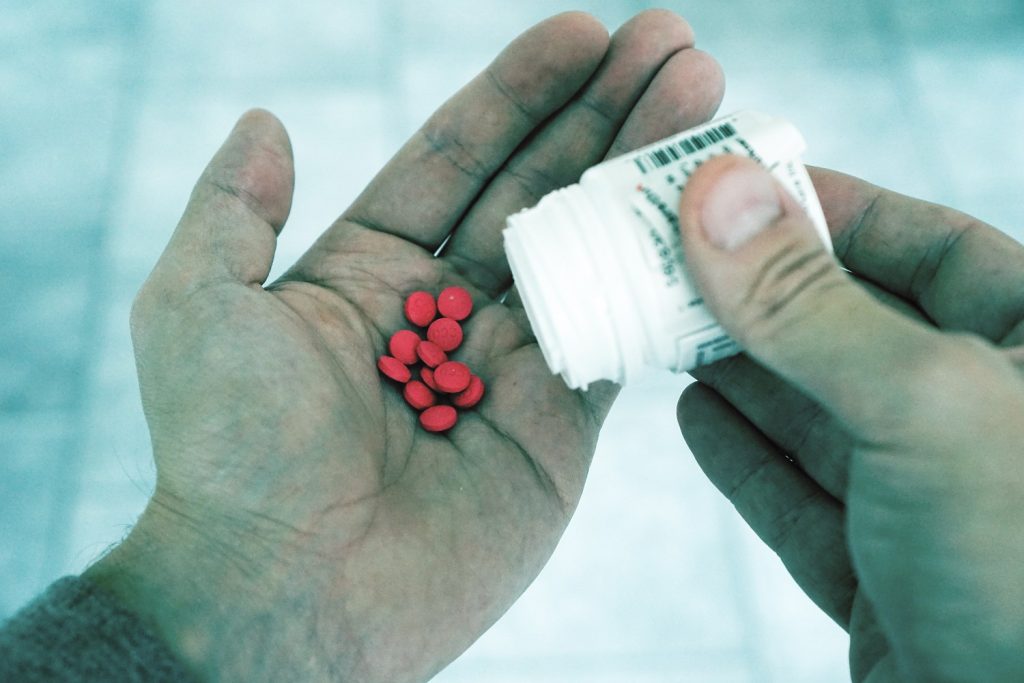When Doctors Work for the Drug Company

All over the country, stories have come to light about healthcare providers receiving kickbacks and other financial incentives to recommend certain testing labs or prescribe drugs made by a particular manufacturer. Not only is this a horrendous ethical violation that can put lives in danger, it also violates federal and state laws. Drug companies and labs have made huge profits off the illnesses they claim to care about, and some doctors have helped them and profited from these practices.
Incentives for Lab Tests
These usually take the form of kickbacks, in which profits that the lab company makes from insurance companies are shared with the doctor who sent patients to the lab. In one instance, the lab even tried to get around kickback laws by using a complex “investment” program. Doctors who sent patients to the lab could purchase stock in the company, benefiting from its profits, but they could only buy stock based on the number of patients they had referred to the lab.
While this may seem less destructive than pharmaceutical companies interfering in patient health, it still compromises the ethics of the doctors involved. Healthcare professionals are supposed to make recommendations based on the welfare of their patients and ensure they receive the best care possible. When recommendations are made instead for personal gain, patient care becomes compromised.
Incentives for Prescription Drugs
More insidious than kickbacks from testing labs are incentives provided to doctors to prescribe certain drugs. Pharmaceutical companies have been posting record profits for years, based largely on the sales of prescription drugs. For example, Arizona-based drug manufacturer Insys Therapeutics posted $14 million in sales in 2012. In 2015, they had $426 million in sales—a massive boost that happens to coincide with the explosive opioid crisis in America.
Insys made much of its profits through drugs like Subsys, a prescription drug based on fentanyl, approved for use by end-of-life cancer patients who could not have their pain managed by weaker opioids. Insys spent a great deal of money paying doctors to host and attend lectures and conferences encouraging them to prescribe Subsys for non-end-of-life patients—which is exactly what happened. Patients with pain that could have been managed using weaker, less addictive opioids were instead prescribed drugs as potent as heroin. (Fentanyl is actually deadlier than heroin.)
The opioid crisis in this country did not happen overnight, and it is not limited to people addicted to illegal drugs. Much of it has been tied to pharmaceutical companies flooding America with powerful prescription drugs. But these companies are only the suppliers. Doctors have acted as the pushers, over-prescribing and keeping patients hooked on highly profitable opioids. Intentional or not, negligence is not acceptable.
The Epidemic of Polypharmacy

One of the ways that the opioid crisis (and other pharmaceutical problems) has spread is through polypharmacy. This is a term that refers to the use of multiple prescription drugs taken by a patient to treat one or more problems. While polypharmacy is appropriate in limited situations, such as when a patient is fighting cancer or another serious illness, across the U.S. way too many unnecessary pills are being prescribed, particularly among elderly patients.
As people get older, they typically have to manage and control numerous ailments, conditions, and health risks such as high blood pressure, diabetes, and arthritis. No single miracle drug can address so many conditions, so elderly patients are often prescribed multiple drugs to manage each issue. Over-prescribing becomes easier than finding alternative treatments, and pretty soon the patient is taking a handful of pills every morning, without consideration about whether each one is really necessary—or the harm they can wreak in an adverse drug interaction.
We Need Responsible Healthcare
We trust doctors and other medical professionals to give us the right advice and provide care that is safe for us. Doctors must work hard to keep up with the latest research, data, and findings regarding every aspect of medicine. It is unrealistic to expect laymen to be able to do so. The flood of prescription drug commercials on television, radio, and the internet has only made the situation more complicated.
At the end of the day, it is important for patients to ask questions and understand any treatment they receive or drugs they are prescribed. Recent arrests, lawsuits, and headlines have illustrated the fact that modern medicine is not as wholesome or altruistic as we wish it was. However, the burden still falls on the doctor who prescribed a dangerous drug, if that drug destroys a life.
If you have questions about taking legal action against a doctor or pharmaceutical company for something that happened to you, the top trial attorneys at Leventhal & Puga, P.C., offer a free consultation. Call (877) 433-3906 to speak to a lawyer with deep experience in medication errors at a national level. Not every mistake deserves a lawsuit, but when it does, we put our decades of experience and considerable resources into making things right for our client families.